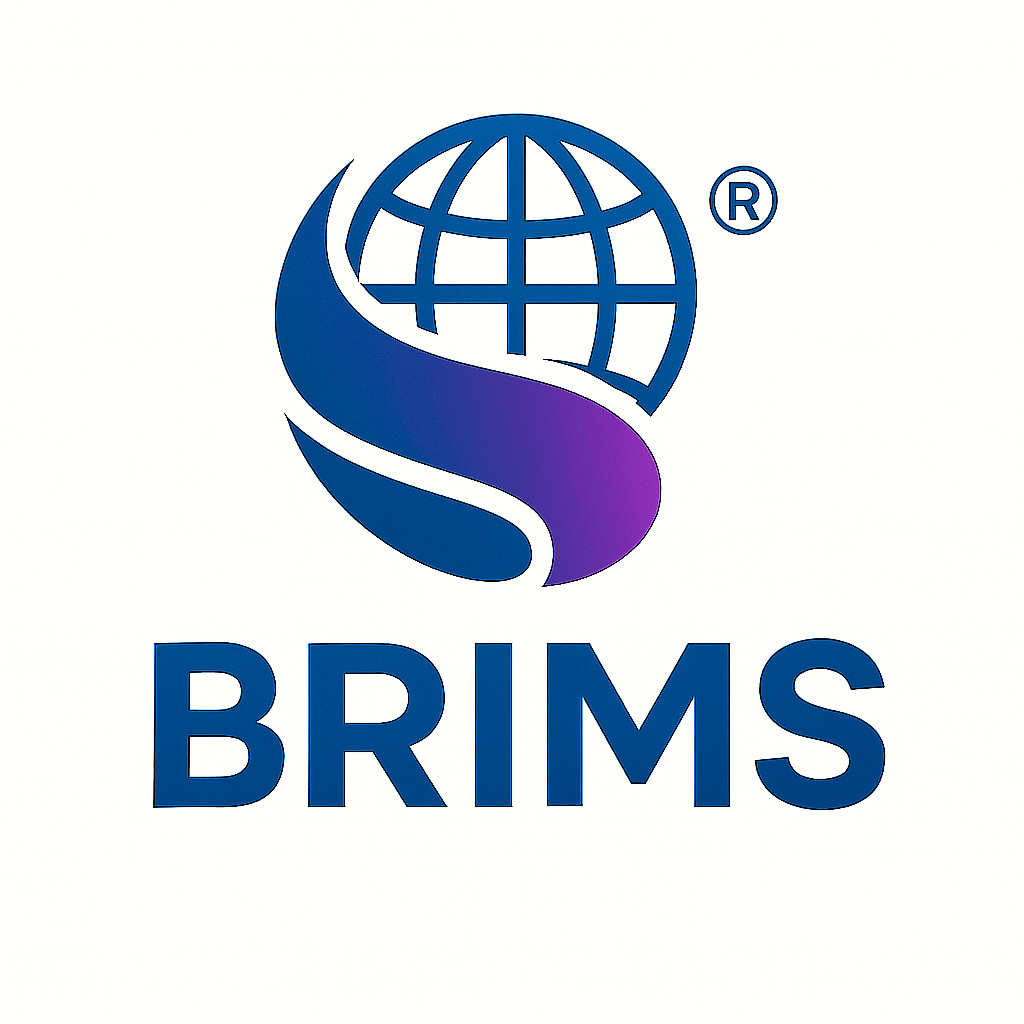A Comprehensive Guide to Navigating Uganda's Real Estate Market
Understanding Uganda's Real Estate Landscape
Uganda's real estate market is a dynamic and evolving sector, offering numerous opportunities for both local and international investors. With its growing economy and expanding urban areas, understanding the intricacies of this market is crucial for making informed investment decisions. Whether you're looking to buy, rent, or invest, this guide will help you navigate the complexities of Uganda's real estate landscape.
Key Regions to Consider
When exploring Uganda's real estate offerings, it's essential to identify the regions that best suit your investment goals. Kampala, the capital city, is the heart of commercial and residential activity, offering a range of properties from luxury apartments to affordable housing. Other notable areas include Entebbe, known for its serene environment and proximity to Lake Victoria, and Jinja, which is gaining popularity due to its industrial growth and tourism appeal.

Types of Properties Available
Uganda's real estate market features a diverse range of properties. Residential properties include standalone houses, apartments, and gated communities. Commercial properties range from office spaces to retail outlets. For those interested in agricultural ventures, there are also vast lands available for farming and development. Understanding the types of properties will help you make a decision that aligns with your investment strategy.
Legal and Regulatory Considerations
Investing in Uganda's real estate requires a keen understanding of its legal framework. It's important to engage with qualified legal professionals to navigate property laws, land tenure systems, and zoning regulations. The Land Act and the Registration of Titles Act are critical legislations that guide property transactions. Ensuring compliance with these legal requirements is vital to safeguarding your investment.

Financing Your Real Estate Investment
Financing is a significant consideration for real estate investors. Uganda offers various options, including bank loans, mortgage facilities, and partnerships with real estate developers. It's advisable to explore these financing avenues and choose one that aligns with your financial capacity and investment plans. Comparing interest rates and loan terms from different financial institutions can also provide significant savings.
Working with Real Estate Agents
Engaging with experienced real estate agents can streamline the process of finding and securing the right property. Agents offer insights into market trends, property valuations, and negotiation strategies. When choosing an agent, consider their reputation, expertise, and familiarity with the specific area you're interested in. A reliable agent can be an invaluable asset in navigating Uganda's real estate market.

Challenges and Opportunities
Like any market, Uganda's real estate sector presents both challenges and opportunities. Potential investors should be aware of issues such as fluctuating property prices, infrastructure development, and political stability. However, the market also offers opportunities for high returns, especially in rapidly developing urban areas. Staying informed about market trends and economic indicators can help you capitalize on these opportunities.
Future Prospects
The future of Uganda's real estate market looks promising, with ongoing infrastructure projects, urbanization, and a growing middle class driving demand. As the country continues to develop, the real estate sector is expected to expand, offering a wealth of opportunities for savvy investors. Keeping abreast of economic policies and market dynamics will be crucial for those looking to invest in the coming years.
